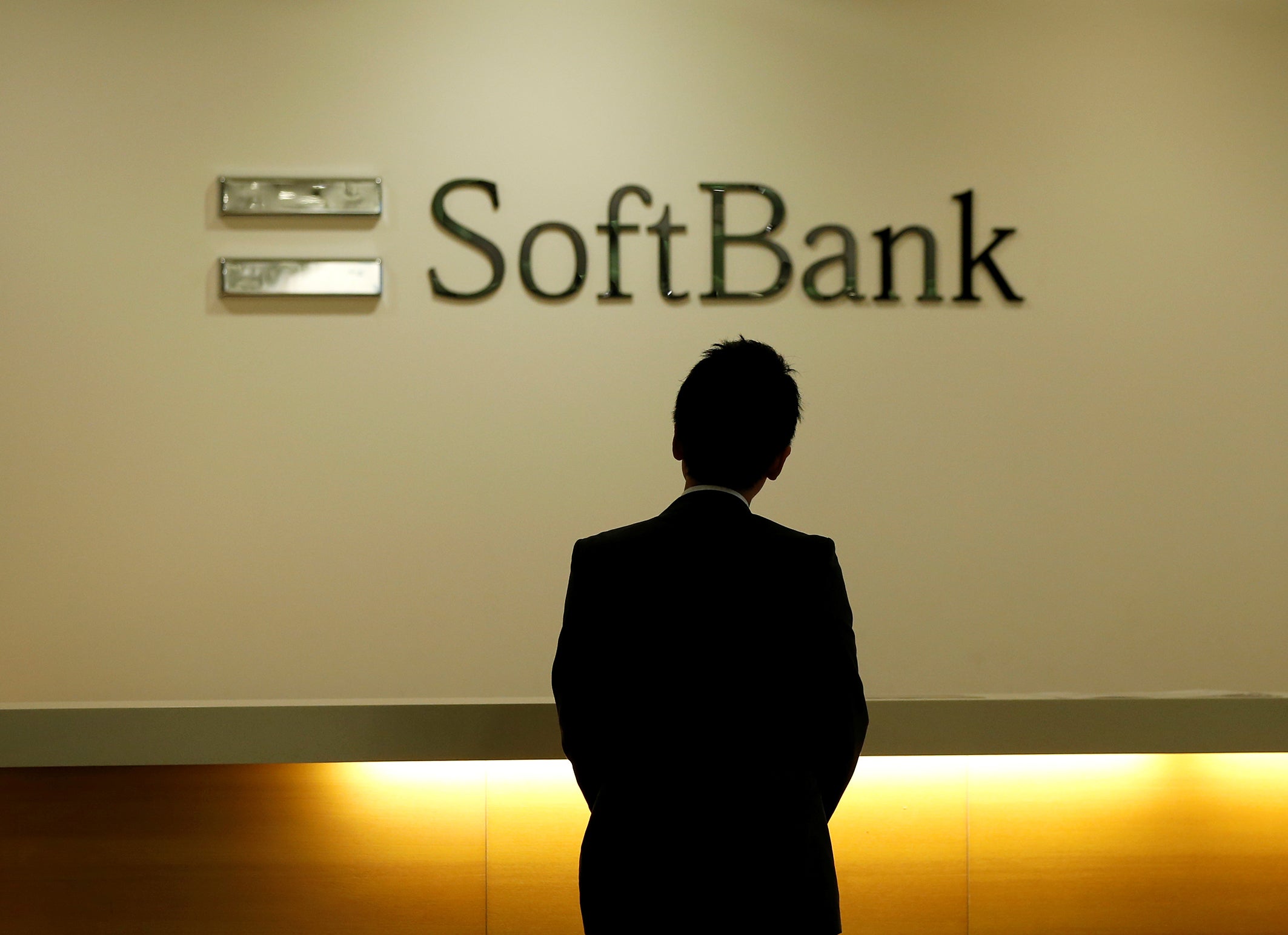How is UK tech bucking the Brexit trend of slumping foreign direct investment?
New money may be flowing into the sector but there are still clouds on the horizon, says James Moore


These fantastic figures show the confidence overseas investors have in UK tech, with investment flows from the US and Asia at an all-time high,” gushed Nicky Morgan, the secretary of state for culture, media and sport.
She was speaking in the wake of figures showing UK tech companies secured a record £5.5bn in foreign investment in the first seven months of this year. On a per capita basis, that was more than the US. Well she might crow. That’s indeed impressive.
But those figures require a bit of context because while tech might be attracting foreign cash, overseas investors have been turning their backs on the rest of UK plc.
Figures from the Department for International Trade, published in June, show a 14 per cent slump in foreign direct investment (FDI) over the 2018/19 financial year compared with the previous 12 months. The number of new jobs created fell at an even faster rate: they were down by 24 per cent.
An analysis by the Financial Times also found that in the three years to June, the number of jobs created through UK FDI in new production facilities, or extensions of existing ones, had dropped by nearly a fifth (19 per cent) to 183,000 compared with the same period before the EU referendum.
The Conservative Party used to hail Britain’s record as a hub of overseas investment and a European leader. That’s because it was. It has systematically trashed that.
There are a few reasons why tech may be bucking the marked downward trend, or rather, there are a few reasons why tech may currently be bucking the marked downward trend.
For a start, the Brexit induced slump in the pound makes buying into clever UK tech projects very cheap right now. Foreign investors are, in effect, shopping for whizzy new gizmos in the bargain bin where you might normally find previous generations of mobile phones and tablets shortly after a new model’s launch.
It also comes at a time when the UK (and Europe) might provide a handy hedge for Asian investors with the US and China knocking trade lumps out of each other. Asian investors like Japan’s Softbank or Singapore’s Clermont Group have been active investors in the UK tech scene.
Tech isn’t likely to be affected by the no deal Morgan will play a role in kicking the country with as much as, say, the motor industry, with its requirement for just-in-time delivery of parts up the supply chain, or agriculture, which faces a series of ruinous new tariffs.
What’s worrying to the industry’s leaders, however, and what will have a big impact upon them, is their ability to hire after the government’s Brexit walls have gone up.
Tech firms require people to be successful. The Home Office’s half-baked promise to end free movement on Brexit doomsday, and the ongoing hostility of the government more generally towards immigrants, will potentially cause them a big problem.
If they can’t get their hands on the clever people they need to make their businesses fly, their investors’ money will end up getting squandered.
The figures will therefore bear watching as the chaos the government is bringing down on the country develops. One thing worth noting about tech is that it is really quite mobile as an industry.
The UK mucking things up, stopping firms hiring the staff they need? No problem. There are other, more friendly places to do business, places with a much more welcoming attitude towards overseas talent.
That’s something new investors will be aware of even if Morgan’s colleague, the home secretary Priti Patel, is struggling to get her head around it.
Join our commenting forum
Join thought-provoking conversations, follow other Independent readers and see their replies
Comments